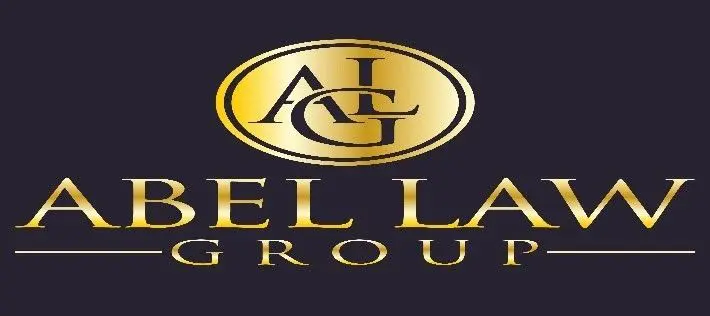
Business Entities and Formation
Improper documentation, formation, or maintenance of your business entity or its sale or acquisition can lead to the failure of your corporate veil. Abel Law comprehensively manages the entire entity formation and compliance process, from initial setup to preparing vital documents like bylaws, operating agreements, and meeting minutes. In addition, if you should sell or purchase an entity or business, you will want to ensure it is documented correctly, or you can incur significant risk.
Business Sales and Acquisitions
Whether you are selling or acquiring a business or even an interest therein, you need to make sure that the entire transaction is documented correctly. Was there proper sales agreement, resolution, bill of sale, subscription agreements, and the list goes on and on? Failure to properly document your transaction can create significant long-term liability and could lead to the piercing of the company’s corporate veil. Abel Law Group has over 28 years of experience crafting such documents and creating ways to complete these transactions on behalf of our clients.


Corporations
A corporation is an independent legal entity established under state laws. It consists of shareholders, officers, and a board of directors, each with distinct roles. The shareholders can also hold positions as officers or board members, but this isn't obligatory. Corporations grant shareholders significant legal rights. The board of directors, appointed by shareholders, makes decisions pertaining to the company's business objectives, while officers oversee daily operations.
Corporations offer limited liability protection, making them attractive for smaller businesses. Shareholders, officers, and board members enjoy limited liability, except in special circumstances. The choice between S-Corporation and C-Corporation relates primarily to tax designation, impacting profit distribution and taxation.
Limited Liability Company
Limited Liability Companies (LLCs) provide robust limited liability protections similar to corporations. LLCs are governed by state law, with owners referred to as members. Members can choose between a member-managed structure (managed by owners) or a manager-managed structure (managed by appointed managers). Abel Law Group recommends manager-managed LLCs for smoother operations and to mitigate potential legal complications.
Members and managers of an LLC bear no personal liability for the company's obligations. Managers, akin to corporate officers, are elected by members and oversee daily operations. This structure allows for a partnership-like setup, but without a general partner facing unlimited liability.


Sole Proprietorship
A sole proprietorship is a straightforward and common business structure. It involves one individual managing and owning the business. While it offers simplicity, it lacks substantial asset protection. The sole proprietor is personally responsible for all business transactions, debts, and liabilities. Transitioning or transferring a sole proprietorship requires no formal process, distinguishing it from corporations or LLCs.
Partnerships
General Partnership: A business enterprise owned by multiple individuals for profit. General partners participate in running the partnership and are liable for its acts and debts. Each partner shares in both profits and liabilities, with no separate legal entity. This structure offers no asset protection.
Limited Partnership: Allows for two classes of partners—limited and general. General partners manage daily operations and are liable for partnership acts. Limited partners are investors with no involvement in management. Control and unlimited liability come with being a general partner, while limited partners have liability limited to their investment.

Trusts
Trusts are unique entities without traditional owners, characterized as "Jural Persons" created by law. They comprise settlors, trustees, beneficiaries, and assets (corpus). Settlors establish trusts by placing assets within and appointing trustees. Trustees manage assets for beneficiaries based on the declaration of trust. Trusts can be intricate and require professional drafting for proper execution. They are especially useful for owning securities, providing a layer of protection against potential litigation or liability.
Trusts operate on a unique principle of splitting ownership into legal and equitable titles. The trustee holds legal title and is responsible for administration, while the beneficiary holds equitable title and is entitled to benefit from the asset. Trusts can be highly customized due to the absence of a standardized format, offering flexibility in their creation.
Trusts prove especially advantageous for holding limited partnership interests, LLC memberships, and corporate shares. Placing these securities in trust for the benefit of desired beneficiaries safeguards them from potential litigation or liability involving the underlying assets. It's crucial to note that direct ownership of assets in an estate planning trust, unless irrevocable, does not provide asset protection. An irrevocable trust, on the other hand, offers liability protection.
These explanations provide a comprehensive overview of various business entities and their implications. If you have further questions or need personalized legal advice and representation in asset preservation, protection, business formation, structuring, estate planning, real estate, and contracts, please feel free to reach out to Abel Law Group.
